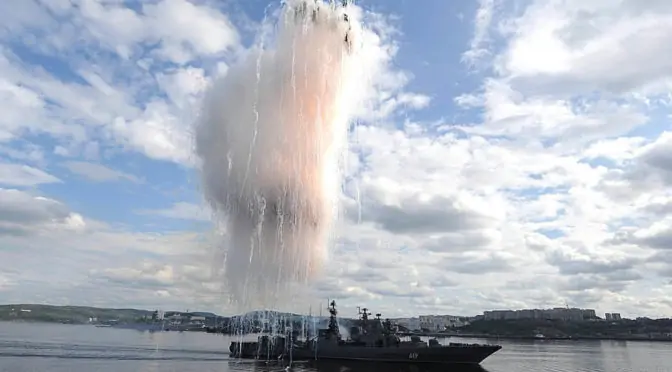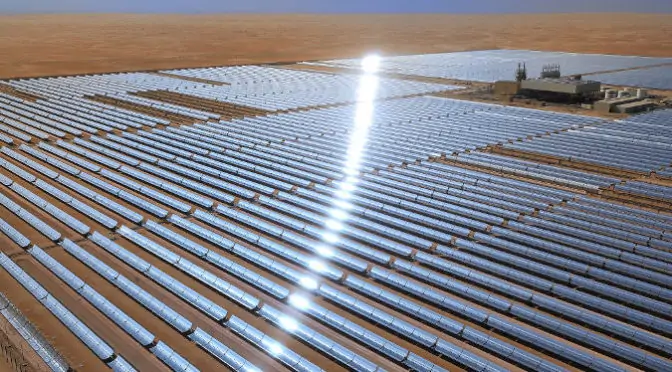Three seemingly unrelated events occurred in April 2014. The IPCC, the international body of scientists tasked with monitoring climate change, released its fifth report, assessing that, between today and 2100, climate change could induce a rise of one metre of the sea level, and the radical necessity to start adaptation policies (IPCC, fifth report, 2014). Meanwhile, in Dubai, the immense beach, which has become the support for a gigantic tourist and real estate industry, welcomed the first open water swimming championships on 18 and 19 April 2014 (1st Dubai International Open Water Swimming Championships). While this sportive event was taking place, a gigantic iceberg, six times the size of Manhattan, was breaking off from an Antarctic glacier into the open ocean (Will …
Continue reading “The Antarctic versus Dubai – The Planetary Crisis Rules (5)”
The remaining part of this article is for our members and those who purchased special access plans. Make sure you get real analysis and not opinion, or, worse, fake news. Log in and access this article.











